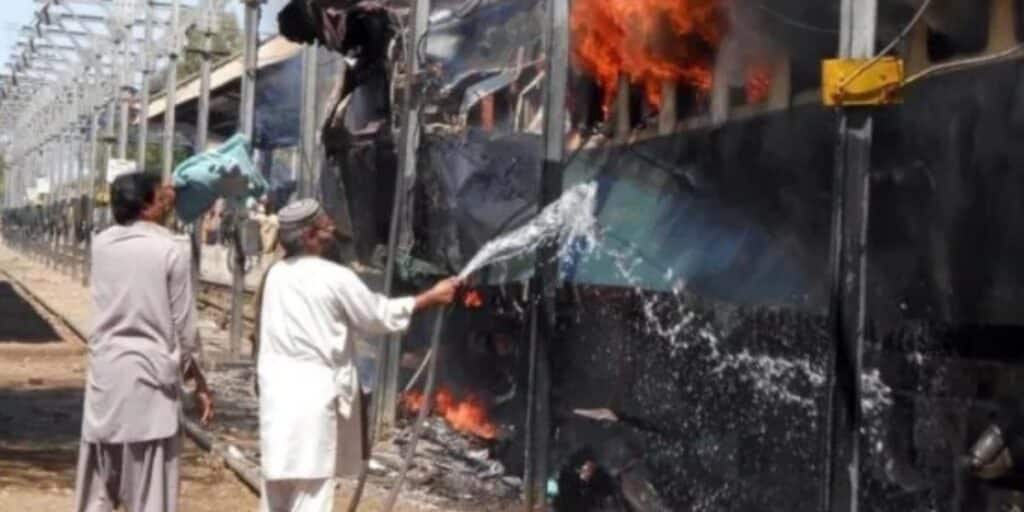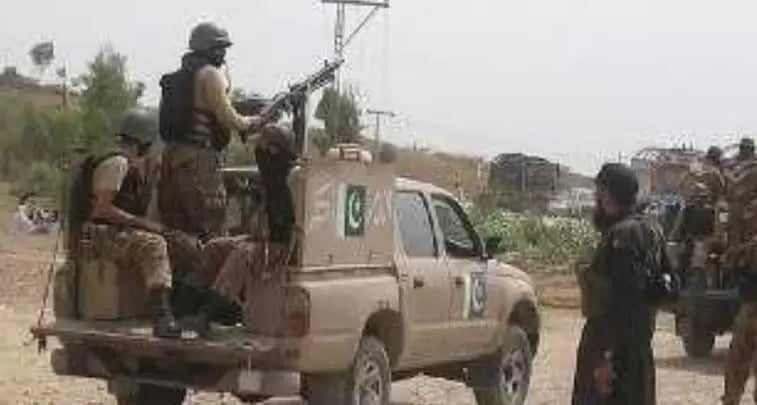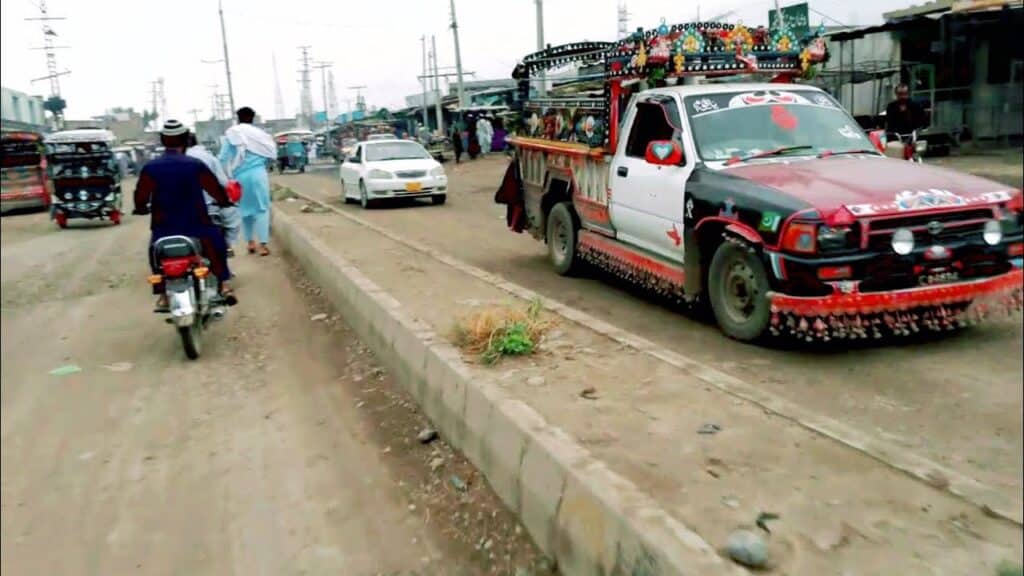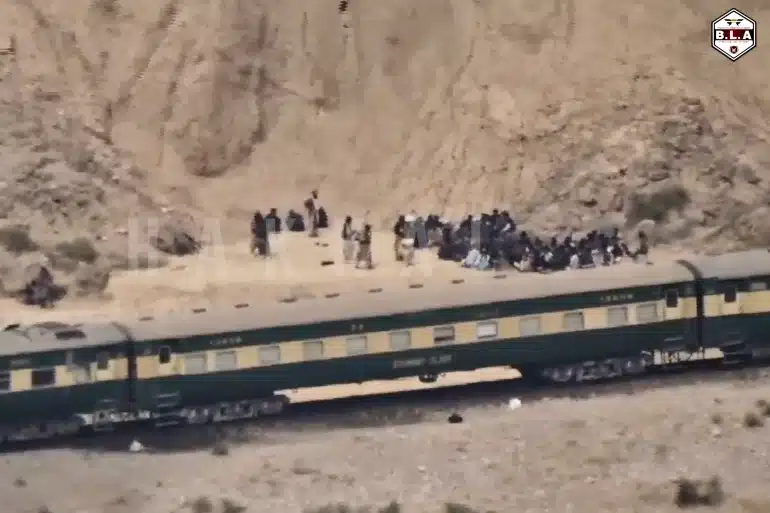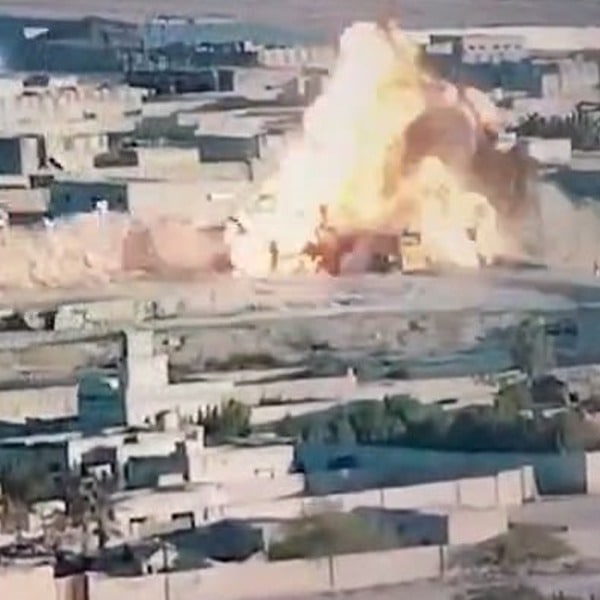QUETTA: On February 1, 2025, BRG militants set fire to a bulldozer and a crane stationed at an under-construction link road in Sanni, Kachhi, labeling it an “exploitative project.
” Just two days later, on February 3, BLF fighters torched construction machinery meant for the CPEC road project in Buleda, Kech.
The administration was left counting only ashes. In June 2025, BLA insurgents launched mortar attacks on military escorts and construction vehicles on the Quetta–Mastung Corridor, resulting in the destruction of JCB loaders and the tragic deaths of four laborers and a soldier.
These incidents are not isolated. Over ten such coordinated attacks were reported on installations owned by Chinese and local contractors during 2024–25.
Suicide car bombs, IEDs, and rocket launchers were all used to disrupt development.
From the rugged mountains of Balochistan to the coastal city of Gwadar, critical infrastructure projects—roads, dams, mining efforts, and CPEC corridors—represent hope for the province’s economic revival.
Yet, banned outfits like the BLA, BLF, and BRG are attempting to crush this hope through violence.
Their motive is clear: stall development to perpetuate grievances and feed external propaganda.
These militant groups describe progress as “colonial exploitation,” using such rhetoric to lure youth into their ranks.
According to recent research by the Counter Terrorism Center (CTC), these groups now target not only Chinese workers but also roads, railways, and telecom towers in an attempt to brand both the state and investors as unreliable.
The root of Balochistan’s suffering doesn’t lie in any ideological romance—it lies in the “war economy” created by armed groups that reduce infrastructure to rubble and turn people into cannon fodder.
Unless these foreign-sponsored proxies are decisively dismantled, political and economic paralysis will persist.
Investors will continue to flee from burning bulldozers and booby-trapped mountain passes, while vulnerable youth will climb into hills not in pursuit of dreams, but of destruction.
The state and local leadership must act together on two fronts. First, a relentless military campaign must dismantle the infrastructure of these militant networks.
Second, every vacuum that extremists might exploit must be filled—with education, jobs, and local partnerships.
ALSO READ: Security forces neutralized two IEDs in Mangocher
Balochistan is the lifeline of Pakistan, and breaking the hands that seek to strangle it is not just a policy—it is a national imperative.

